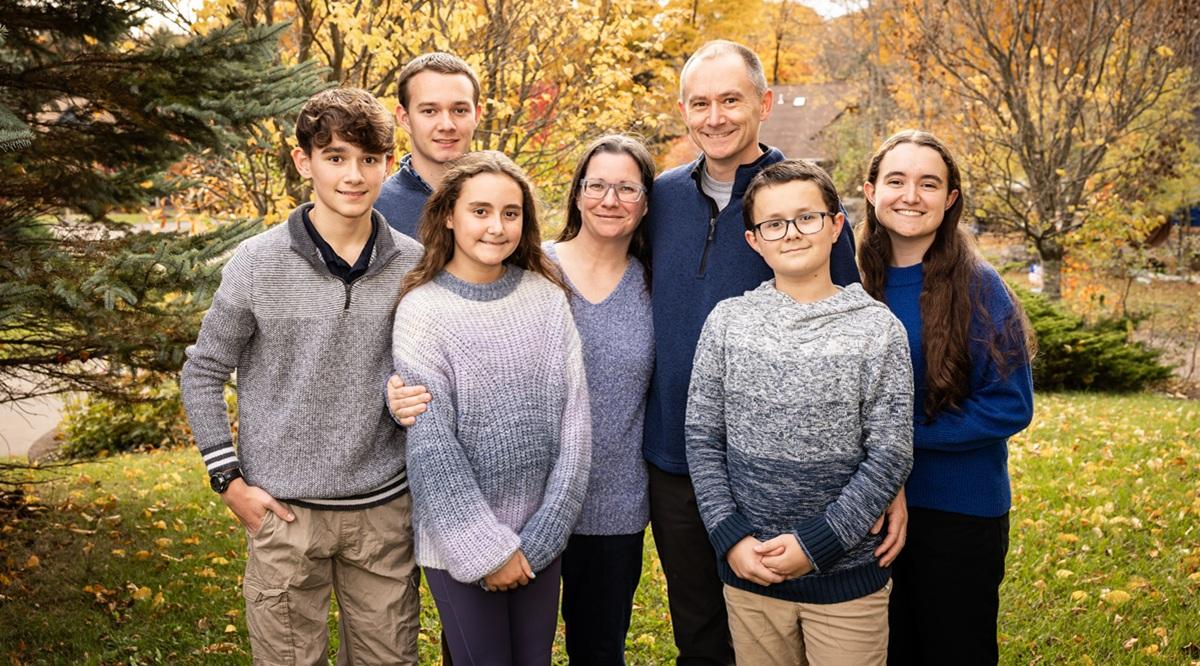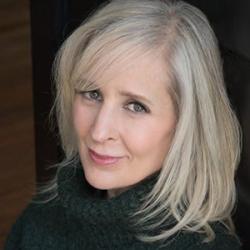Brittnee Cagle-White, 32, a second-year student at the University of Texas at Tyler School of Medicine (UT Tyler), was taken aback when she walked into a classroom her first year and realized that the instructor had gone to her high school. He’d graduated a year after her but was now an attending physician.
“Oh no, I waited too long,” she thought to herself. “I’m late.”
But Cagle-White, who hopes to go into emergency medicine, is circumspect.

Brittnee Cagle-White
“I have to balance that with the fact that I don't think I would be the doctor I want to be, and I know I wouldn't be the student I need to be, if I had started at 22,” she says.
Such convictions are common among nontraditional medical students such as those over the age of 30, who made up around 3.4% of the nation’s entering medical students in the 2025-26 cohort, according to the AAMC’s applicant matriculant data.
In 2025-26, 1,596 women and 1,580 men over 30 applied to medical school. Of those admitted, 504 were men; 343, women.
“These students may have wanted to pursue medicine after working in a different industry or field for a period of time, and they may have always had an interest in medicine, but for whatever reason, didn’t pursue it directly out of college,” says Geoffrey Young, PhD, AAMC senior director of transforming the health care workforce, who previously served as student affairs dean and admissions dean at several medical schools.
Many nontraditional students hail from medicine-adjacent fields such as nursing, public health, or emergency medical services, though there is the occasional chef, circus artist, or carpenter in the mix. Former military careers are common. Many older students are married, and nearly 1 in 4 have dependent children, which adds layers of complexity to their already crowded schedules.
Here’s what to know about learners who enter medical school after the age of 30:
They bring distinct qualities and perspectives that enrich the educational experience for themselves and others.
“Sometimes there’s a higher level of commitment because of experiences in the workforce, military, or just through their own maturation,” says Tara K. Cunningham, EdD, associate dean for student life at the Dartmouth Geisel School of Medicine. “It’s more like a calling.
“What I also appreciate about those of older age is that they have more experience collaborating and can support others to find their voice — they’re more willing to share and don’t have the need to compete,” she continues. “They’re just here to do something great.”
They draw on a rich lived experience.
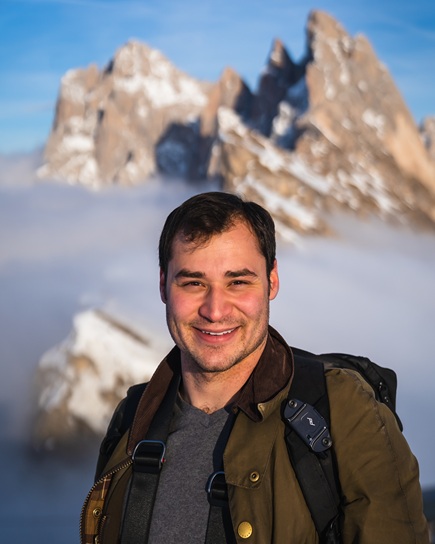
Wesley Rivera
So says Leila Harrison, PhD, vice dean for admissions, student affairs, and alumni engagement at Washington State University’s Elson S. Floyd School of Medicine. When advising prospective nontraditional medical students, she encourages them to view their past experience as a unique and valuable asset.
“Their time working in teams, in different settings, and in diverse contexts allowed them to develop skill sets that contribute to great discussions of learning,” she says. “Somebody who’s served in the military might have a great experience with problem-solving in a really difficult context that they’re able to bring to the table.”
Wesley Rivera, 31, currently in his first year at NYU Grossman School of Medicine, believes his years spent building relationships as a financial consultant make a positive difference in his training.
“I’ve learned how to earn trust, work effectively, and navigate challenges with people from many different backgrounds,” he says, adding, “Real-world experience has also taught me how to listen deeply, problem solve, manage my time, and communicate clearly.”
Kevin Guitron, 48, a fourth-year student at Washington State, had two decades of experience as a firefighter and paramedic before deciding to take the next step and go into emergency medicine. His time on prehospital emergency teams gave him not only invaluable clinical experience but also leadership and crisis-management skills.
“I’m not starting from scratch,” he says. “I’m starting from experience.”
They take challenges in stride.
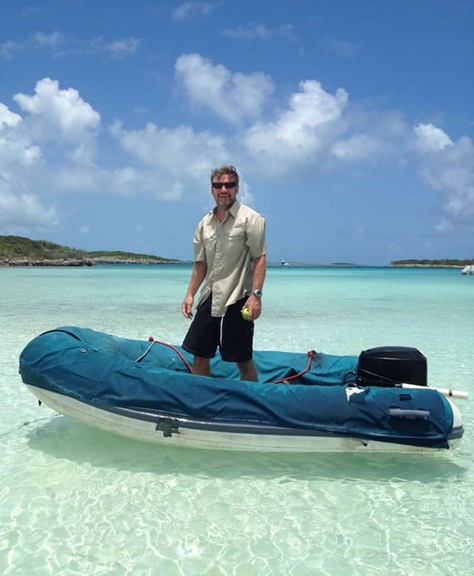
Christopher Leavey
According to Cunningham, older students often bring a dose of reason and calm to the classes they are a part of.
“If you live long enough, you’ll fail a few times,” says Christopher Leavey, 55, a third-year Tulane University School of Medicine student. “That gives you perspective that a lot of younger students don’t have yet.”
An attorney who spent 21 years in the Air Force JAG Corps, Leavey hopes to go into family medicine. “I’m in a very stable place in my life. I can concentrate on school without a ton of distractions — like figuring out who I am or who I want to be with,” he says.
Kathy Burke, 46, in her first year in the three-year accelerated MD program for emergency medicine at SUNY Upstate Medical University’s Norton College of Medicine, and a former Air Force aircraft maintenance officer, is similarly self-assured.
“When some of my classmates may be freaking out about one quiz grade or lamenting about the amount of work we need to get done, I just remind myself that I have a wonderful support system, one quiz won’t define me, and that there are so many good things in life that are still there, regardless of what I do or don’t do in class,” she says.
They relate well to patients.
A mother of five children, ages 12 to 19, Burke sees her age as a benefit in other ways. “I definitely have the edge in being comfortable talking with people of all different ages,” she says. “Some of my classmates are hesitant about working with children and babies, and I‘m the first one to say, "Let me hold the baby!" I also can certainly empathize with parents when dealing with sick children.”
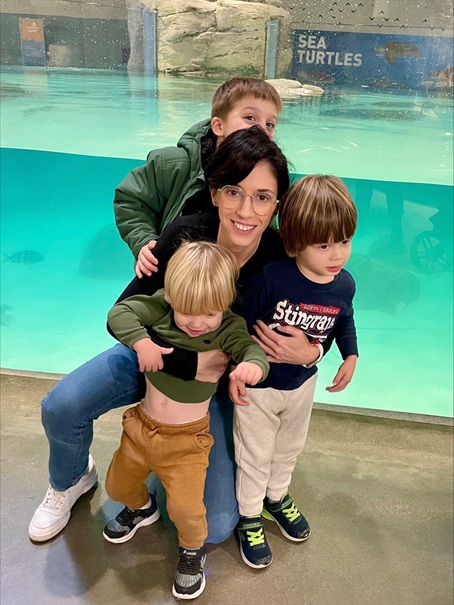
Antonia McMonigle with her family
Antonia McMonigle, 37, a fourth-year student at the University of Kansas School of Medicine, makes a similar point. “I’ve got probably 10 years on my peers, so I’ve had my health issues,” says this former professional pastry chef, who plans a career in diagnostic radiology. “I’m closer in age to our patients, and I think I can relate a little bit better with what they’re going through.”
They have financial assets that younger students may not have.
Although taking on the financial challenges of medical school can sting for some older students, who may also anticipate a shorter time in practice, others come into medicine having retired from lucrative careers.
“I was in the Air Force for 21 years, so I do get a military retirement,” says Leavey. That has helped to minimize his student loan burden. “Finances are not as big an issue for me,” he says.
On the other hand, says Cunningham, “For our students who have worked, they’ve been earning salaries and have carried insurance and 401(k)s or pensions — all the things that come with those jobs. When they come into medical school, some of these benefits cease to exist. It takes some really wise and strategic budgeting to be able to scale back.”
“I had a steady income, and it wasn't a bad income,” says Tristen Lamb, 38, a fourth-year Washington State medical student and the mother of two elementary-age children. “We used to go to Disneyland. Plus, I want to go into primary care, so it’s not like I’m going to be earning a whole lot more when this is done.”

Tristen Lamb and her family
While making concessions hasn’t been easy, Lamb says, “I decided that it doesn’t matter what my lifelong earnings are. I was going to lose my soul if I wasn’t able to provide some sort of direct patient care.”
Of course, being a bit older also comes with challenges, say many students and their advisors.
They may have to catch up academically.
“I felt like I had to start college over again,” says Guitron, whose degree in EMS management was “more business-management oriented.” He spent two years earning the necessary prerequisite credits, class by class, while he worked full-time.
The cadence of medical school can be an adjustment, the AAMC’s Young acknowledges. “If [learners have] been out of school for a period of time, or even if they completed a postbaccalaureate to get the prerequisites necessary for medical school, it’s a very different pace,” he says. “If you haven’t used that muscle in a while, it may take a little time to get it back in condition.”
“It’s harder than I expected to synthesize and consolidate such volumes of information in short periods of time and then keep moving on to the next volumes of information,” says Shaela Golshani, 47, a former nurse and a first-year medical student at UT Tyler.
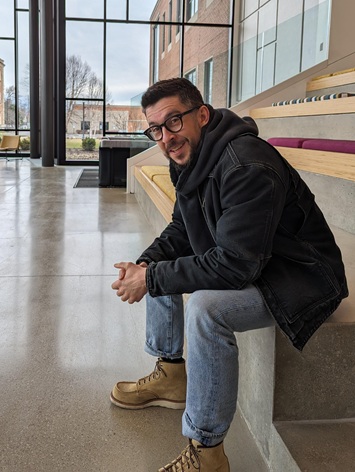
Sean Norris
“The whole thing was so much more challenging than I could have imagined,” says Sean Norris, 41, who worked in various trades, including carpentry, mason tending, and plumbing, and is now a fourth-year student at Northeast Ohio Medical University, with his sights set on psychiatry. “It pushed me to my limits on several occasions, but I persisted in finding solutions."
They may feel like they are starting over.
Lamb, whose work leading public health initiatives during the COVID pandemic inspired her to apply to medical school, went from feeling secure in her skill set to feeling a bit “incompetent.”
“After being good at what I was doing and reaching a professional peak, having to go all the way back to the bottom of a ladder and working with people who are younger than I am who know way more than I do has been humbling,” she says.
At the same time, there is the loss of personal autonomy. “Nontraditional students may have had a job, flexibility, and PTO (paid time off),” says Harrison. “The adjustment to a more highly structured context can be difficult.”
They may have the added pressure of children or aging parents.
Almost 1 in 4 entering medical students over 30 in 2025-26 have dependents, compared with less than 1 percent of entering students younger than 30, according to AAMC data.
“These circumstances add a layer of life stress that other students lack,” says Cunningham. “One thing I hear from parents of young children is they’re afraid of missing their kids’ formative years.”
“You don't really have a lot of downtime,” confirms Chris Garcia, 31, a fourth-year medical student at Indiana University School of Medicine in Fort Wayne and the father of an 8-month-old son. “I take off the medical student hat and then put on the husband hat and then put on the dad hat. My only time off is really when I get a chance to sleep.”
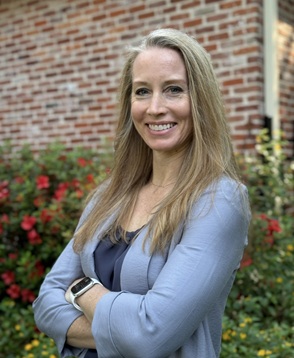
Shaela Golshani
But there can be work-arounds. Although Avelina Brener, 39, a fourth-year student at the University of California, San Diego, School of Medicine and the mother of two, missed not being there for some of her kids’ activities, UCSD allowed students extra time to study for the Step 1 exam, and Brener was often able to request rotations that were closer to her home and her children’s school.
For McMonigle, having a baby during her third year of medical school threw an unexpected wrench into her plans. “I fully intended on going back after a month and just powering through,” she says.
However, her next rotation was surgery, with its predictably long hours, and she struggled with being away from her newborn. She ended up taking a yearlong maternity leave.
“It was tough, but it was definitely the right decision,” McMonigle says. “I came back much more focused and grounded.”
Despite the challenges, most older medical students have no regrets about pursuing medicine. Many forge strong bonds with their younger peers — and some emerge as leaders in the class.
Burke was even elected president of her class at SUNY Upstate. “To know that my classmates trust me to help them with whatever issues they may be having and to be their voice with the administration is humbling,” she says. “I am so thankful to simply be among them and will support them in every way I can.”
Adds Norris, the former tradesman: “Because I do have a little bit of insight and maturity, I've oftentimes been the person that people will turn to when they’re struggling. That has been extremely rewarding.”
